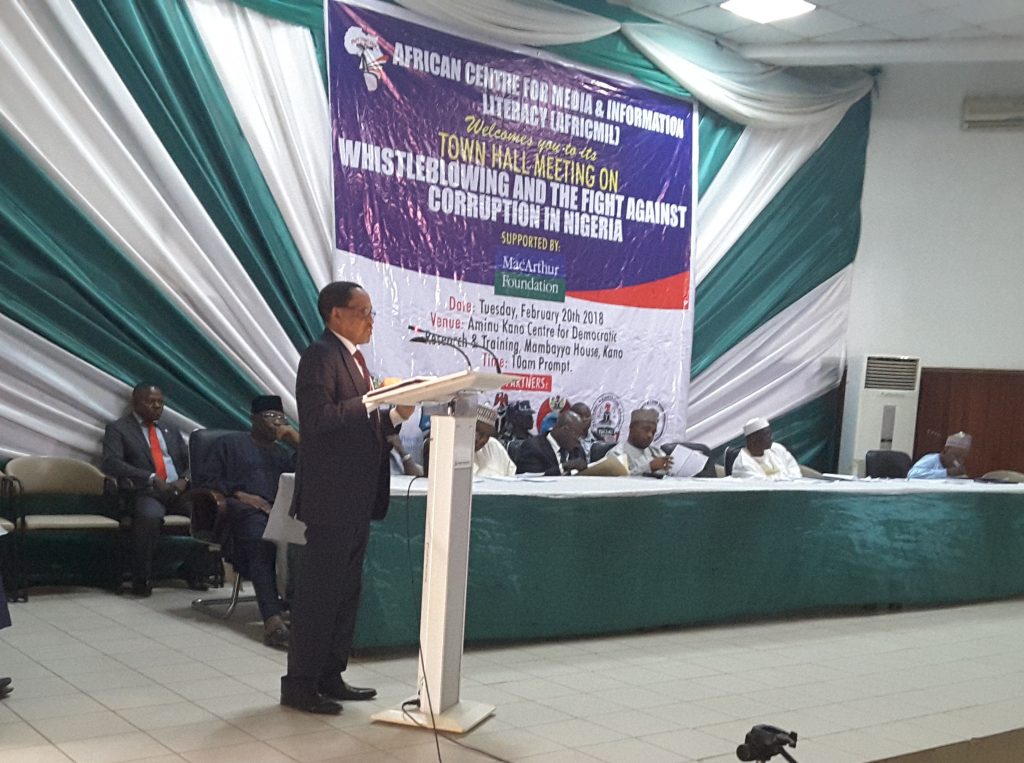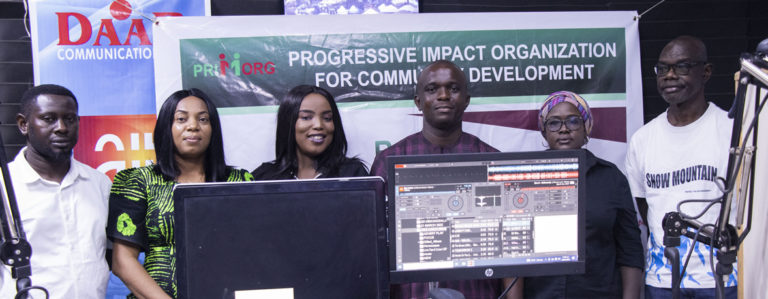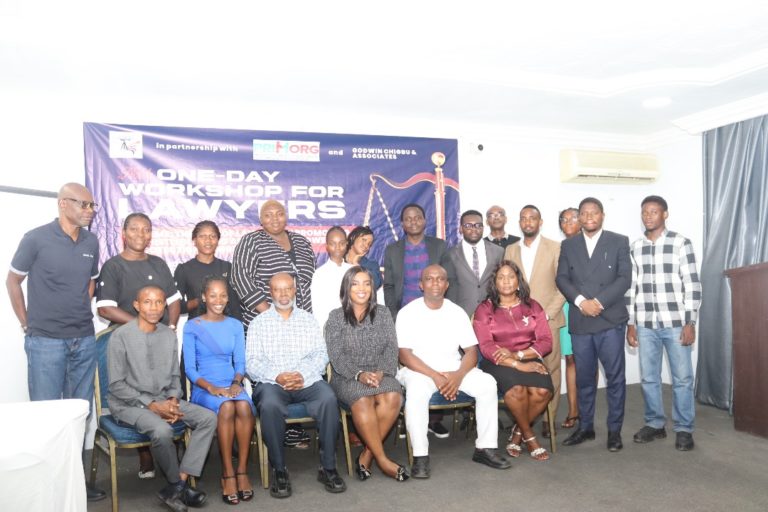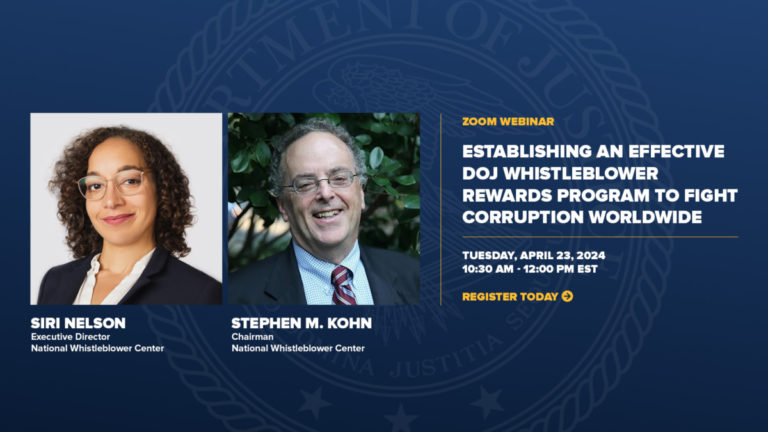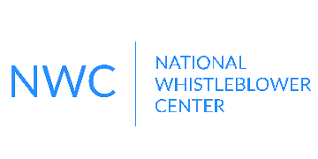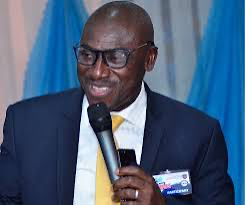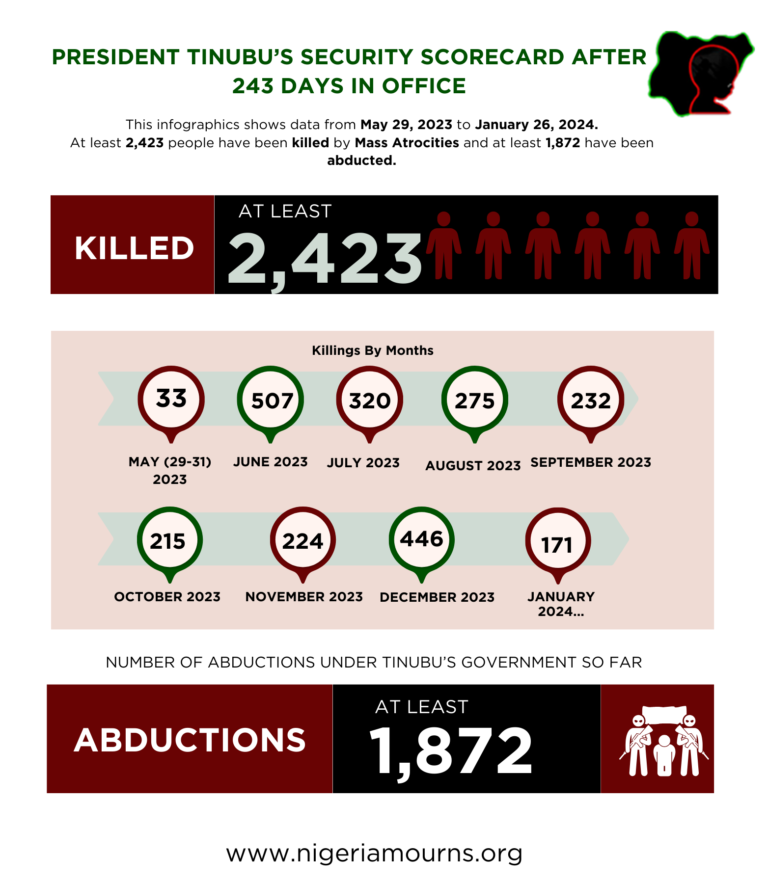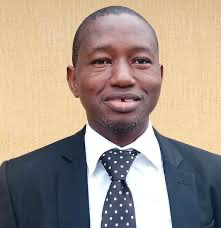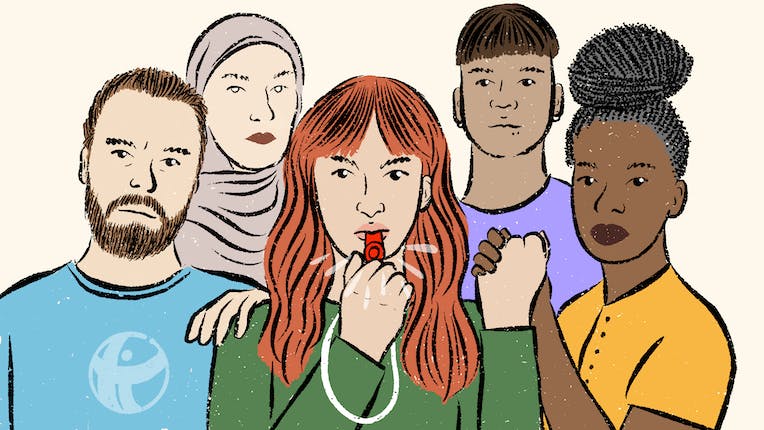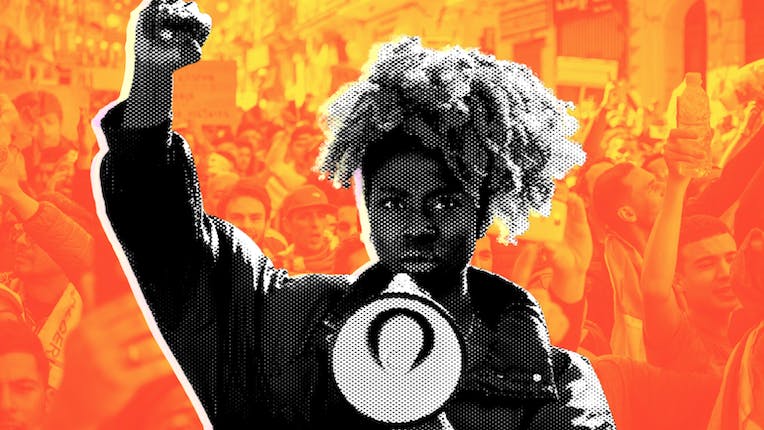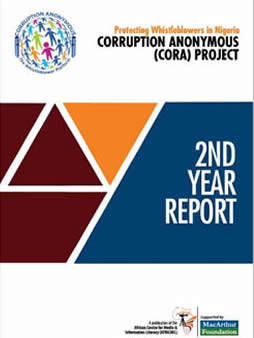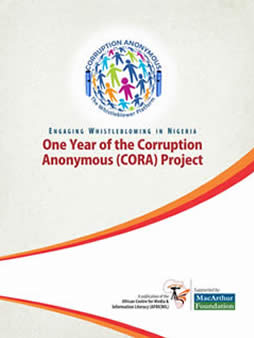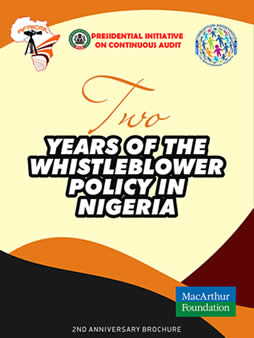In a bid to tackle corruption and promote accountability, the African Centre for Media and Information Literacy (AFRICMIL), on Tuesday, February 20, 2018, held its first zonal town hall meeting in Kano.
The meeting, which was part of programmes lined up under the Corruption Anonymous (CORA) project sponsored by The John D. and Catherine T. MacArthur Foundation, was aimed at sensitizing Nigerians on the whistleblowing policy of the federal government and the need to encourage citizens to take up the fight against corruption using the whistleblowing opportunity.
The town hall meeting came on the heels of a courtesy visit by AFRICMIL to the National Orientation Agency (NOA) on the need for partnership to entrench the culture of whistleblowing as an important anti-corruption tool.
Speaking at the meeting, the Chairman, Economic and Financial Crimes Commission (EFCC), Mr Ibrahim Magu, who was represented by Mallam Garba Dugu, noted that corruption is one of the greatest forms of human rights violation, adding that the system is so rotten that there is hardly a place for reward through merit. He charged Nigerians to be ambassadors of a better society.
Lending his voice to the anticorruption campaign, the Director General, National Orientation Agency (NOA), Dr. Garba Abari, urged Nigerians to own the war against corruption as it is a fight for the survival of the country.
He noted that the poor, who are the majority of the country’s population, are worst hit by the effects of corrupt practices. According to him, the anti-corruption fight must be owned by Nigerians because they are the ones who feel the impact of corruption.
“The borehole that hasn’t been sunk or that wasn’t done well, that primary healthcare centre that has not been built or that has been abandoned, that school roof which has not been fixed, that road that has not been mended or constructed, those unpaid pensioners who drop dead from time to time, these are ordinary citizens who have become direct victims of corruption,” Dr. Abari said.
“It becomes imperative that citizens show more than a passive interest in the anti-corruption fight; they should own it, they should drive it and sustain it as well,” he added.
Dr. Abari explained that corruption is not just all about financial fraud but also about attitudinal rot, which needs to change. He pointed out that some Nigerians engage in corrupt practices at their duty posts too.
Said Abari: “What about the office attendant who will not move files from one office to the other until he’s gratified? What about the front desk officer whose behaviour is very un-patronising? What about the petrol attendant who wants to short change you?”
He said, the anti-corruption fight shouldn’t be a party or political fight but one that must succeed through collective efforts.
Similarly, the former Dean, School of Communication, Lagos State University, (LASU), Professor Lai Oso, berated the Nigerian judiciary for not genuinely supporting the anti-graft war. He said it was unfair that the Economic and Financial Crimes Commission (EFCC) was made to prove the guilt of accused persons rather than making suspects explain how they got their “loot”.
Oso advised that journalists should be trained on how to report corruption in a meaningful way to reflect the inherent evil.
In his presentation, the Dean, Faculty of Media, Communication and Film Studies, Bayero University, Kano, Professor Umaru Pate, said people will only believe in the corruption fight based on the process and integrity of the idea.
He noted that the attitude of the federal government so far has made whistle-blowers lose interest in submitting tips.
Pate said it was a shame that the anti-graft war is only concentrated at the federal level, when the actual looting of treasury happens in the state and local governments, where funds released for projects are being siphoned and salaries unpaid.
However, Mr Zayan Danmusa, the representative of the Acting Chairman of the Independent Corrupt Practices and Other Related Offences Commission (ICPC), said the commission in 2016 received over 1500 petitions in 2016 and was able to convict 11 persons found guilty.
He said ICPC had introduced anti-corruption subjects in secondary schools as a way of sensitizing young Nigerians on corruption and moral values.
Danmusa noted that the ICPC had equally established anti-corruption and transparency units in every ministry, department and agency in other to fight corruption.
In his welcome address, the Co-ordinator, AFRICMIL, Mr. Chido Onumah, who was represented by Mr. Abdulaziz Abdulaziz, said the meeting was part of programmes lined up under AFRICMIL’s Corruption Anonymous project, which aims to spur citizens to play their roles in tackling the menace of corruption in the country.
He said, “Our goal is to have a citizenry that is sensitive of its role in tackling the menace of corruption. As Nigerians, we have to be aware that the fight against corruption is not one to be left for the government alone. We all have roles to play, and this is what the whistleblowing policy seeks to ensure.”

